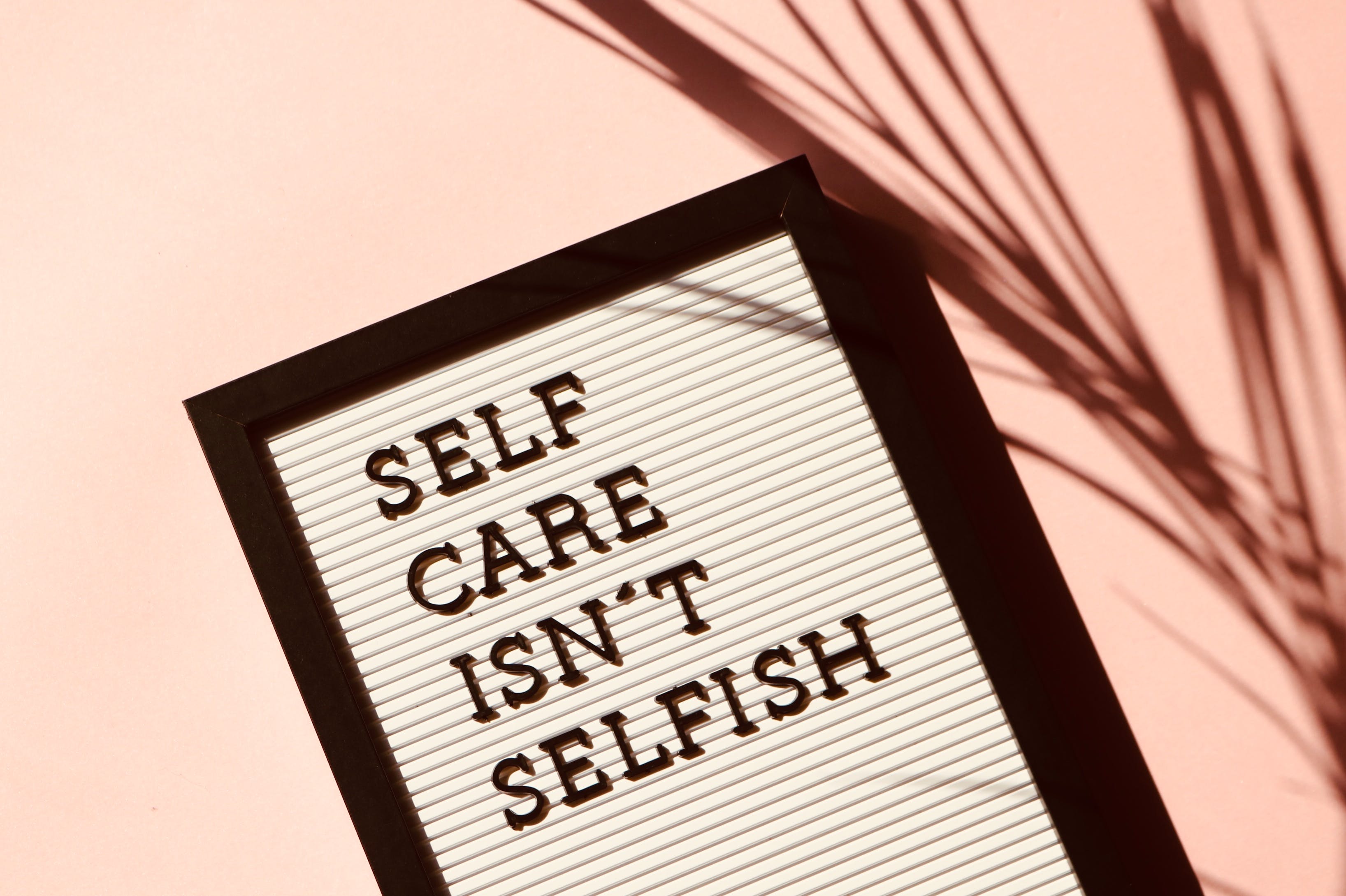Removing the mask: Why talking about our mental health matters
Is there an emotional mask you wear that tells everyone you’re okay but hides what’s inside? Talking about your mental health is like taking this mask off. Here are four ways that opening up about your mental health might help:
1. It teaches us it’s okay not to be okay!
Life is filled with ups and downs, challenges and triumphs, and it's unrealistic to expect ourselves to be okay all the time - just as we wouldn’t expect ourselves to be physically well all the time. If we get sick or injured, we take time off to rest and go to a doctor if needed. Why don’t we treat our mental health in the same way?

Ignoring or suppressing difficult emotions can lead to them building up until they become too hard to manage. Acknowledging our struggles and taking the time for some self-care is important for our personal growth and resilience. It allows us to seek support, learn from our experiences, and develop a deeper understanding of ourselves.
2. It helps reduce stigma.
Speaking about mental health helps to break down the stigma around mental health difficulties. Sometimes it can be hard to speak out about how we’re feeling, as we fear others may judge us or be upset or angry by what we’ve said.

We may look at social media and compare ourselves to a filtered and unrealistic version of reality, making us believe that if we are less than “perfect” then the world won’t like us. However, by having open conversations, we can create a space that normalises discussions about mental health, emphasising that it is as important as physical health.
3. It allows us to build a support system.
When we‘re struggling, it can often feel like no one understands, and we’re the only ones feeling this way. Speaking openly about mental health can help us to build a support system of friends, family, and other trusted people. It can help us see that other people may have had similar struggles but came out on the other side of them - and this can create a sense of hope.

Having a group of people who understand and empathise with us can also provide valuable emotional support during challenging times. People can’t help us if we don’t let them in! We can seek support from adults who may be able to give us some coping mechanisms or direct us to professional help.
4. It helps create a more compassionate society.
Talking about our feelings with our peers can complement professional help and reinforce a sense of belonging. It can also encourage others to do the same. We begin to see that everyone has their difficulties, and this awareness can lead to a more compassionate and understanding society.

_____________________________
If you’re not ready to talk about your mental health with others, that’s okay. You could write down or draw your feelings, if that feels right for you. Keeping a journal or writing a letter to yourself may be a good way to practice expressing yourself when you're not quite ready to share things out loud.
If this article has affected you in any way, or if you just want to reach out about anything at all, you can do so by logging onto Kooth Student and sending a message to one of our team. The link to apartos Kooth platform, which is free for aparto students, can be found in your Facebook groups.

